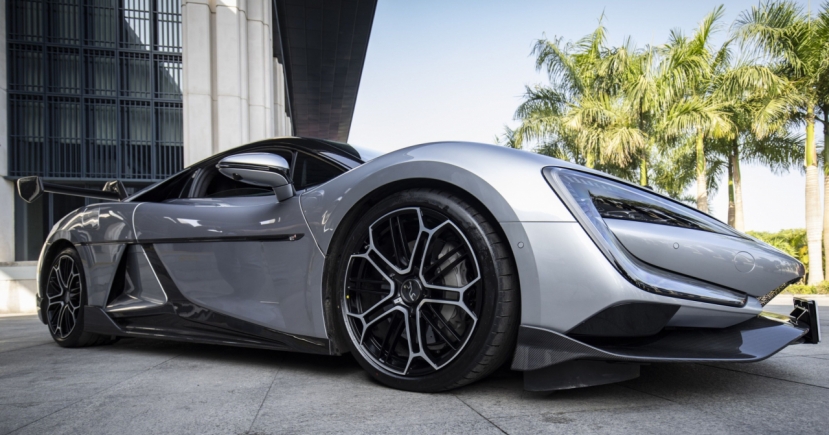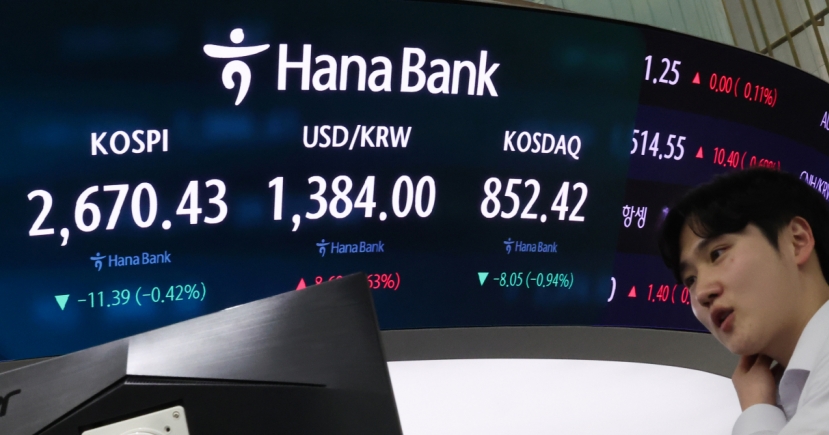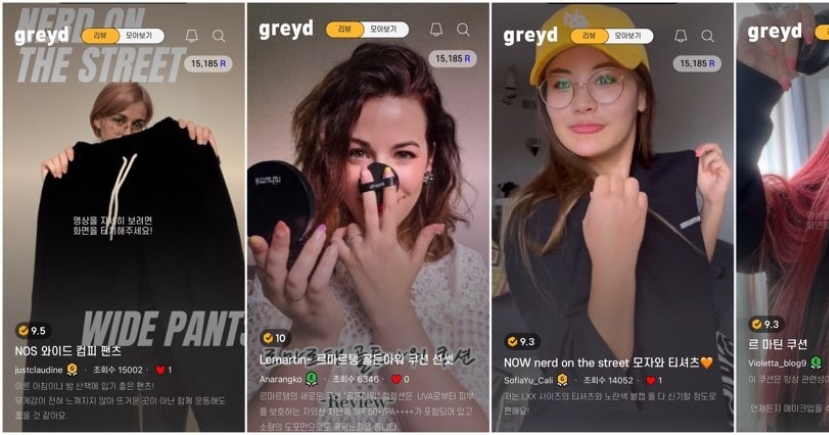Startups
Tada’s indictment infuriates and frustrates startups
After prosecutors indicted executives of van-hailing app operator Tada on Oct. 28, industry watchers expressed frustration and even fury over the decision, which aligns with taxi drivers’ calls to stop the ride-hailing service.
“Over a year, Tada has probably poured a lot of money and effort (into its business) to become a leading car-hailing service with more than 1.25 million users,” an industry expert who gave only his surname, Cho, told The Investor. “Now that startup is on the verge of shutdown.”
Eight months ago, taxi drivers filed a complaint against Lee Jae-woong, CEO of car-sharing app operator SoCar, and Park Jae-uk, CEO of VCNC, the operator of controversial van-hailing app Tada. SoCar acquired VCNC in June and launched Tada in October 2018.
 |
SoCar Founder and CEO Lee Jae-woong (right) and VCNC Founder and CEO Park Jae-uk. SoCar acquired VCNC and launched van-hailing service Tada in Oct. 2018. |
Related:
Tada retreats amid mounting criticism
1-year-old Tada unveils aggressive expansion plans
Mobility platforms rush to join forces with taxi companies
Mobility firms disappointed with new regulations on ride-hailing services
According to the Seoul Central District Prosecutors’ Office, Tada is an illegal taxi service.
However, many industry observers and legal experts argue that the prosecutors’ indictment is unfounded and will have a negative impact on industrial innovation.
“I am sure that Tada is innocent,” Koo Tae-on, a lawyer specialized in technology, said. “We should refrain from criminal prosecution of new industries with outdated regulations during the turn of the fourth industrial revolution.
“The indictment is a false indictment that affects the flow of the historic industrial revolution,” he said.
Park Eui-jun, a partner with the Borium Law Firm, predicted that Tada would win at trial. “If Tada wins the legal battle, the startup can free itself from legal risks,” Park said.
Tada executives expressed their frustration and said they were counting on the court to embrace the emergence of new industries.
“The police said it’s not a violation of law and the Transportation Ministry has never said it is illegal for over a year. Tada is a service with 9,000 drivers and 1.3 million users, which uses AI technology,” SoCar’s founder and CEO said.
Taxi drivers have opposed ride-hailing services such as Kakao Carpool and Tada, saying the new services threaten their livelihoods. In the face of fierce opposition several taxi drivers killed themselves by self-immolation and Kakao Mobility scrapped its plan to launch a ride-sharing service earlier this year.
Only after Kakao halted its plan did taxi drivers and some representatives of mobility companies sit down together to find some middle ground, but taxi drivers continued to press for an immediate end to Tada’s business operations. The Ministry of Land, Infrastructure and Transport in July unveiled a set of measures to protect the interests of both parties and while they did not please everyone, the confrontation faded away for a while until Tada announced its plans for 2020.
When it announced plans to expand, Tada once again drew harsh backlash from taxi drivers earlier this month.
Some questioned the timing of the prosecutors’ decision.
The prosecution -- an institution that President Moon has pledged to reform, saying it has excessive power that needs to be checked -- indicted the two executives the same day that the president announced he would support the country’s startups. Moon made the announcement at a tech event Oct. 28 where he also promised to lower regulatory barriers.
Since its launch in Oct. 2018, Tada has become a leading ride-hailing service with 1,400 vehicles and 9,000 drivers under a legal loophole within the transportation law. The country’s transportation law forbids rented cars from being used for commercial purposes, with the exception of vans with 11 to 15 seats. Tada has 1.25 million users and the service was especially welcomed by female users, who often faced rude taxi drivers.
The court will decide whether Tada is a type of rental car service or an illegal taxi service operating without a license -- a process that might take some time.
Commenting on the indictment, Tada said: “The world is changing in response to people’s demand and technological advances. We expect the court’s new ruling.”
Tada’s expansion plans were unveiled on the company’s first anniversary and invited strong backlash from taxi drivers, forcing Tada to temporarily suspend the plans and participate in the government-organized debate on restructuring the taxi industry.
By Park Ga-young (gypark@heraldcorp.com)








